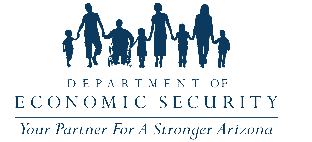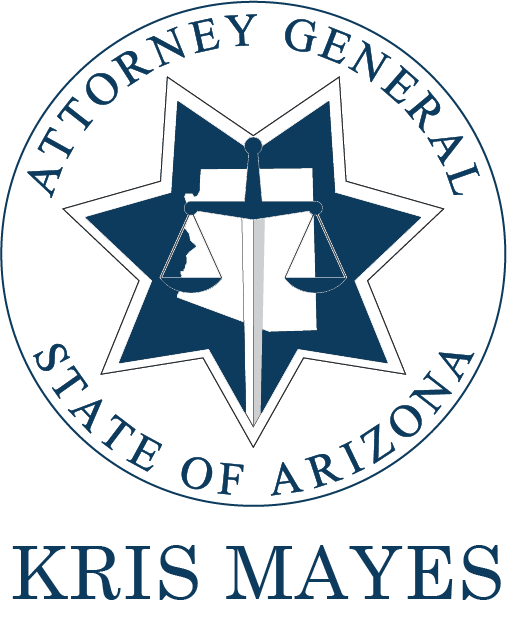Essential Tips for Reporting
Key Strategies for Ensuring the Safety of Vulnerable Adults
Reporting abuse, neglect, and exploitation is an essential step in safeguarding vulnerable adults and ensuring their safety. When you suspect that an adult is being abused or neglected, it is crucial that you make an effective report. In the event of a life-threatening emergency, call 911 immediately.
Tips for creating an informative and reliable report:
Gather Information
Trust Your Intuition
Use Clear and Objective Language
Provide Identifying Information
Maintain Confidentiality and Privacy
To respect the confidentiality and privacy of the individuals involved, only share detailed information with APS, law enforcement, and medical personnel. Avoid discussing the situation with unauthorized individuals to protect the vulnerable adult's well-being and maintain their privacy.
Remember, reporting abuse, neglect, and exploitation is key to protecting vulnerable adults. By following these tips, you play a critical role in ensuring their safety and support.







